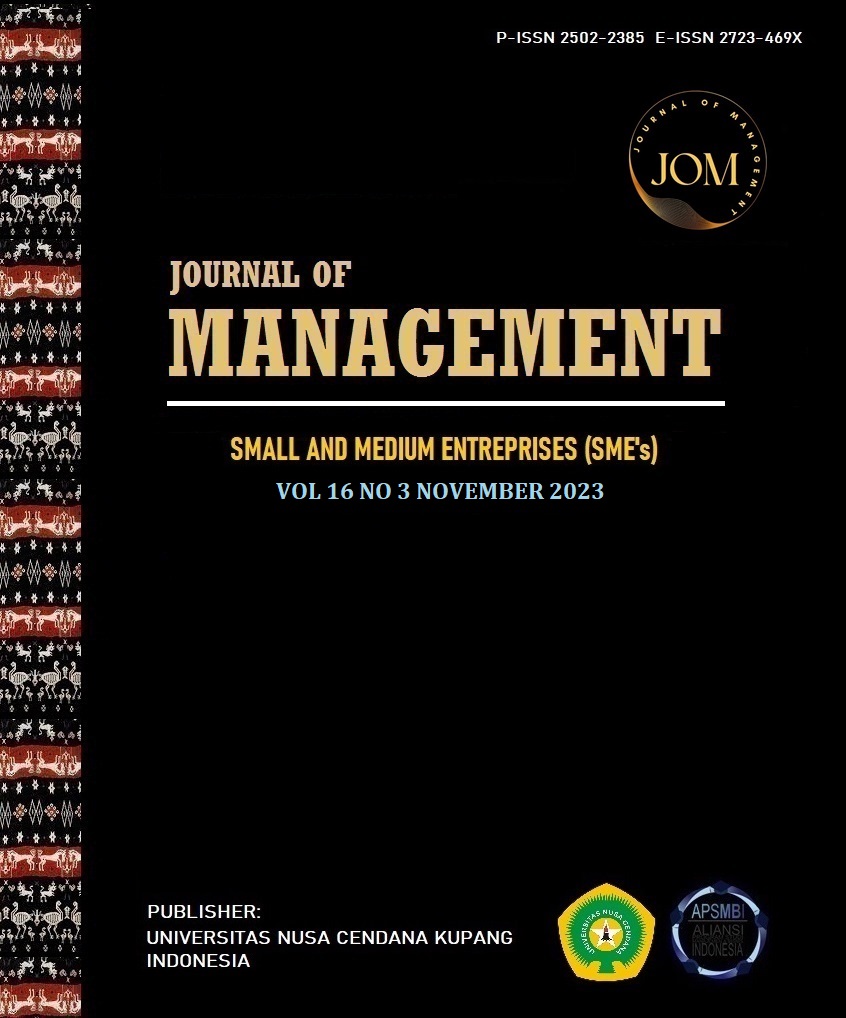AN EMPIRICAL ANALYSIS OF THE AUDIT EXPECTATION GAP IN NIGERIA
Abstract
The study assesses the roles, duties, and responsibilities of the auditor that led to the so-called audit expectation gap in Nigeria with a focus on the capital market. The objective of the studies is to assess if indeed audit expectation gap in Nigeria exists. The study uses the chi-square distribution to ascertain the argument. It was observed that the collapse of many companies across the world was occasioned by corporate governance failure as most financial statements prepared by these firms were satisfied okay by the auditors but yet the companies later went underground thereby resulting in the audit expectation gap argument. Among other things, the study recommends that the relevant professional bodies should collaborate with auditors and educate the users of financial statements to understand the duties and responsibilities of the auditor towards narrowing it performance gap. Also, audited financial statements should be presented manner that people can read and understand the reports.
Keywords: Audit Expectation Gap; Auditors; Financial Statement; Prevention of Fraud; Nigeria
Downloads
References
Frank, K.E., Lowe, D.J. & Smith, J.K. (2001). The expectation gap: Perceptual differences between auditors, jurors, and students. Managerial Auditing Journal, 16(3): 145–149. https://doi.org/10.1108/02686900110385588.
Liggio, C. (1974). The expectation gap: The accountant’s Waterloo. Journal of Contemporary Business, 3(3): 27–44.
Limisi, E.A.M., James, B.M. &David, W. (2017). Optimal measures for minimizing the tax audit expectation gap in Kenya. European Journal of Business and Strategic Management, 2(4): 33- 55.
Lonnox, C. (2009). The changing regulatory landscape. International Journal of Auditing, 13(2): 79-85.
McEnroe, J. E. & Martens, S. C. (2001). Auditors’ and investors’ perceptions of the “expectation gap". Accounting
Horizons, 15(4): 345– 358. https://doi.org/10.2308/acch.2001.15.4.345.
Monroe, G. S. & Woodliff, D. R. (1993). The effect of education on the audit expectation gap. Accounting and Finance, 33(1): 61–78. https://doi.org/10.1111/j.1467- 629X.1993.tb00195.x.
Nwobu, O. (2008). The audit expectation gap in Nigeria. An unpublished M.Sc Thesis submitted to the Department of Accounting, College of Business and Social Sciences, Covenant University, Ota, Ogun State, Nigeria.
Okaro, S. C. (2009). Bridging the audit expectation gap: the perception of ICAN members. Being an M.Sc thesis submitted to the Department of Accountancy, University of Nigeria, Nsukka.
Olagunju, A. & Leyira, M.C. (2020). Audit expectation gap: Perspectives of auditors and audited account users. International Journal of Development and Management Review, 7: 197-215.
Olojede, P. (2009). Bridging the audit expectation gap: The Nigerian Experience. Unpublished M.Sc. dissertation submitted to Leeds Metropolitan University, UK.
Olojede, P., Erin, O., Asiriuwa, O. & and Usman, M. (2020). Audit expectation gap: an empirical analysis. Future Business Journal, 6(1): 01-12. https://doi.org/10.1186/s43093-020- 00016-x.
Onulaka, P. N. (2014). Effect of audit expectation gap in Nigerian capital market. International Journal of Accounting and Financial Reporting, 4(2): 294-311. https//dx.doi.org/10.5296/ijafr.v4i2.6485.
Porter, B. (1993). An empirical study of the audit expectation-performance gap. Accounting and Business Research, 24(93): 49–68. https://doi.org/10.1080/00014788.1993.9729463.
Salehi, M., (2011). Audit expectation gap: Concept, nature, and trace. African Journal of Business Management, 5(21): 8376-8392.
Tanko, M. (2011). An empirical analysis of audit expectation gap in Nigeria. Munich Personal RePEc Archive (MPRA) Paper No 49661. https://mpra.ub.uni-muenchen.de/49661/.

 Ashibogwu Nze Kingsley(1)
Ashibogwu Nze Kingsley(1)



